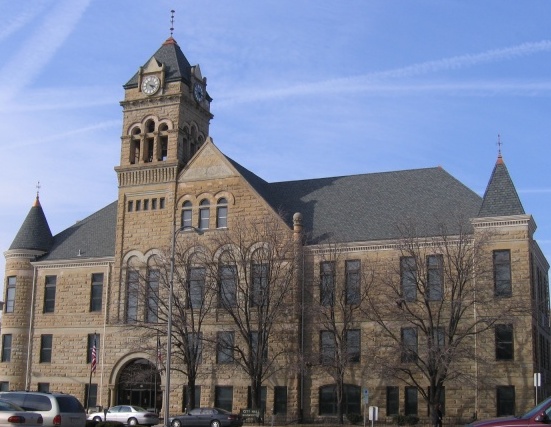Henry Jay Karp is the Rabbi Emeritus of Temple Emanuel in Davenport, Iowa, which he served from 1985 to 2017. He is the co-founder and co-convener of One Human Family QCA, a social justice organization.
As a former member of the Davenport Civil Rights Commission, I was sad to read in the Quad-City Times about a troubled relationship between the commission and city government. The same problems existed before I joined the commission in 2019, and persisted up to the day I stepped down in 2021 for health reasons.
During my time on the commission, we tried hard to work out several of the matters cited in Sarah Watson’s article about the dysfunctional relationship between the commission’s staff and the city’s professional staff. Our efforts had little or no effect.
To Mayor Mike Matson’s credit, he helped organize some meetings between commission representatives and city staff, and presided over some difficult discussions in his office. Unfortunately, those sessions did not substantively change or improve those relationships.
After George Floyd’s murder and during the tensions that accompanied the Black Lives Matter protests in 2020, the commission conducted a deep dive into the nature of race relations in Davenport, especially those between the Black community and the police department. We wanted to explore whether the same issues that triggered the Black Lives Matter movement across the country existed in our community.
We asked Director Latrice Lacey to reach out to the Black community for a preliminary assessment. She brought back a report cataloguing many disturbing incidents, which indicated to us that there was more work to do.
To that end, we conducted a series of public forums, both online (it was in the early days of COVID-19) and in-person, each of which added to Director Lacey’s initial list of concerns. We reached out to other communities in Iowa that had their own civil rights commissions to get a sense of which problems they were addressing and how they tackled them.
This study led to a report with recommendations for significant changes, both on the local and state levels, which we presented to the Davenport City Council. Upon the advice of the city’s legal department, the council chose not to act on any of our recommendations.
We also conducted a study comparing the caseload, staff size, and funding of our commission to those of other civil rights commissions in Iowa. That study clearly indicated our commission dealt with a larger caseload with fewer staff and less funding than most of the others. When we appealed to the city council to address that problem by increasing our funding and staffing, they turned us down flat.
Since that time, there have been significant changes in the make-up of Davenport’s city council as well as the administrative and legal staff. Those changes provide an opportunity for new beginnings in the relationship between the city and the civil rights commission.
I hope both sides will be able to put their dysfunctional past behind them and make every effort, not only to heal the wounds, but to forge an entirely new partnership built upon a foundation of mutual respect, cooperation, teamwork, and a shared desire to make the city a safe and healthy environment for all Davenport residents.
Top image: City hall in Davenport, Iowa, by Ctjf83 of English Wikipedia [Public domain], from Wikimedia Commons.

